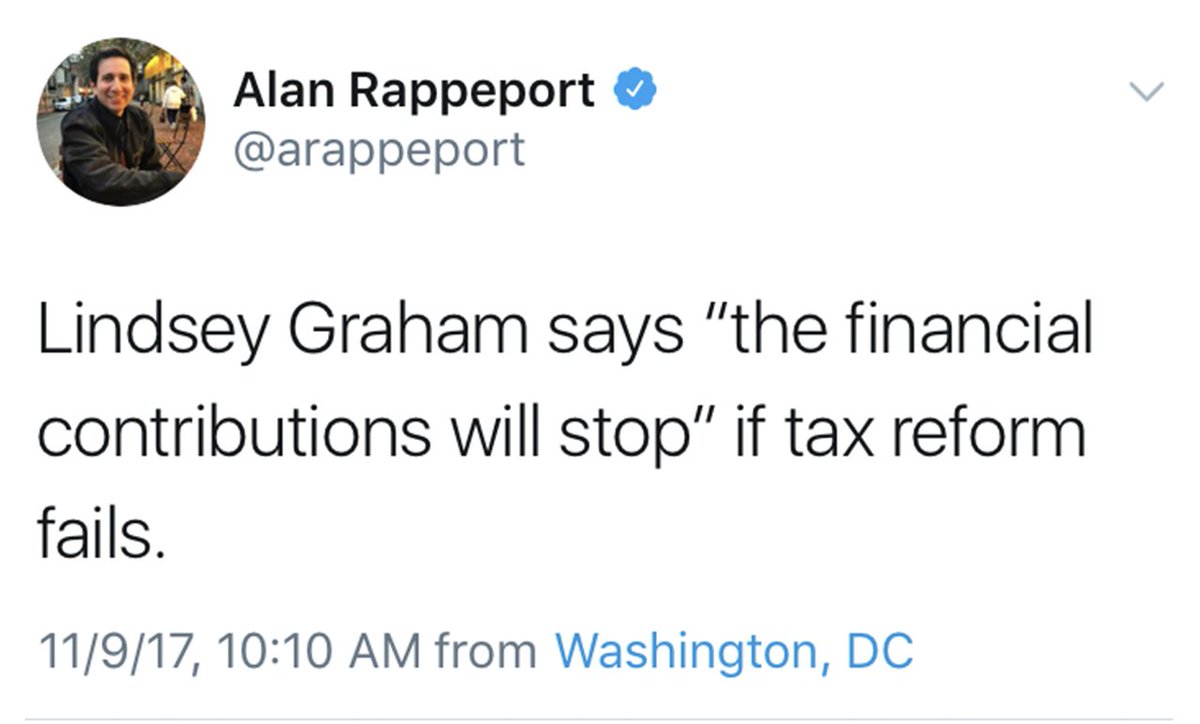- Joined
- Oct 30, 2004
- Messages
- 92,474
- Reaction score
- 28,224
Are you actually implying that campaign contributions/kickbacks/etc dont strongly influence, and in many cases outright decide, the stance a politician will publically take on an issue.
Pretty much (could be exceptions for under-the-radar issues), yes. Not implying--stating.




